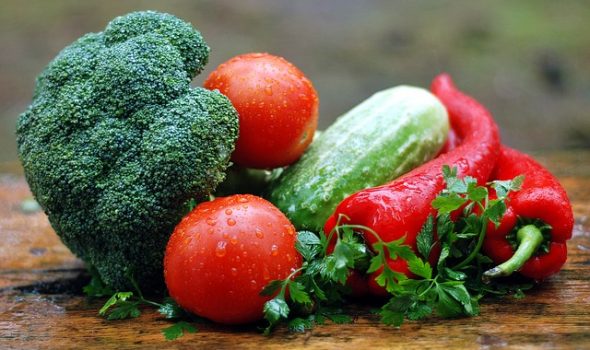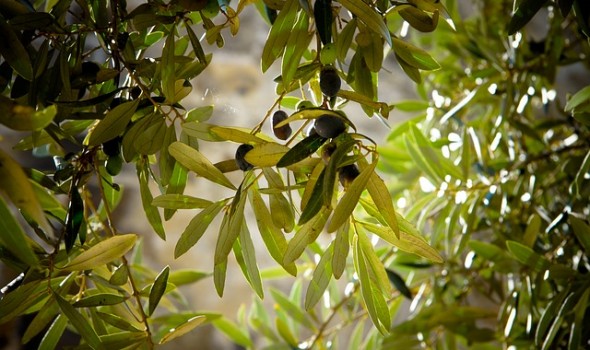Click here to read the article in Italian
On 1 July 2017, the exceptional measures to help producers of perishable fruits affected by the ban on imports imposed by the Russian authorities have been extended for a further year until end of June 2018.
The measures consist of up to 70 million euro to support European fruit producers who, because of the import ban introduced by Russia in August 2014, might not find a market outlet for their products, and will compensate those fruit farmers who choose to distribute their excess products to organisations (charity and schools) or make use of it for other purposes.
The extended scheme is specifically designed to help the sector of the so-called permanent crops (fruit trees), since they are less able to adapt to changing situations, and comes in addition to a number of other exceptional support measures for the agricultural market related to the Russian ban.
Farmers receive 100% EU-funded support for withdrawals for so-called free distribution (giving the fruit away to charity for consumption) which avoids food waste. Fruit that is withdrawn from the market but not actually consumed (for example, sent directly to composting), or that is harvested before it is ripe (so-called “green-harvesting”) or not harvested at all, receives lower levels of support.
Commissioner for Agriculture and Rural Development, Phil Hogan, said: “the Commission has done everything in its power to support European producers negatively affected by the Russian ban. This latest extension sends yet another clear signal that we will remain firmly and fearlessly on the side of our farmers. These support measures go hand in hand with our ongoing work to modernise and simplify the CAP for the benefit of both our farmers and our wider European society”.
The measures cover 12 Member States and different withdrawal volumes will apply to ensure that the financial support reaches the producers most in need.
Further information is available at the following LINK.
Giovanna Bagnardi e Davide Scavuzzo




